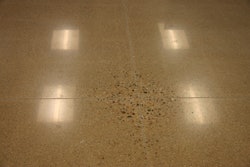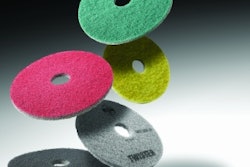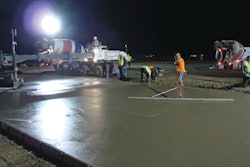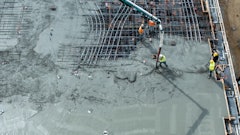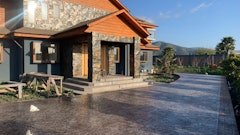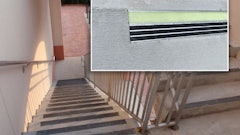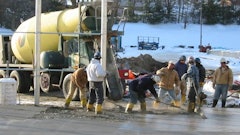This spring, The Hampton Inn and Suites, a franchise of Hilton Hotels, is set to open a four-story, 84 guest room hotel in Roseburg, Oregon, that will make use of combustible, light-weight wood-frame construction materials.
Despite the recent string of fires in buildings of this type, and the fact that a number of towns and municipalities have already taken steps, or are proactively working to prohibit structures of this nature, The Hampton Inn and Suites of Roseburg is moving forward with construction.
“All it takes is a misplaced and forgotten clothing iron or malfunctioning microwave in one of the 84 rooms for the entire building to be put at risk,” says Kevin Lawlor, a spokesperson for Build with Strength, a coalition of the National Ready Mixed Concrete Association comprised of fire service professionals, engineers, architects and industry experts. “Developers and hotel operators have a responsibility to the communities they serve to ensure resilient construction of their properties that should last a lifetime. As such, Build with Strength is ready and willing to work with any stakeholder or lawmaker to provide ideas and suggestions to build more safely with non-combustible materials.”
Comparatively, a number of hotels in recent years have been constructed with the latest innovation in concrete construction – Insulated Concrete Forms (ICFs).
ICFs “are a type of permanent concrete formwork that creates the external wall envelope of a building.” Typically, it is standard reinforced concrete sandwiched between two faces of low absorptive, foam plastic insulating material.
According to ICF Magazine, “dozens and dozens of hotels have been built with ICFs in the past 10 years, using virtually every major brand of form. These include the flagship properties of the nation's leading hospitality companies, including Marriott, Hilton, Best Western, Holiday Inn, Drury Inn, Super 8, and Motel 6.” In fact, Drury Inn, a Missouri-based hotel chain, constructs the majority of their properties with ICFs.
“Non-combustible building materials like ICFs are easy to work with and won’t break the bank,” continues Lawlor. “At the end of the day, guest safety should be the number one priority, and as it stands, combustible building materials simply are an excessive risk.”



